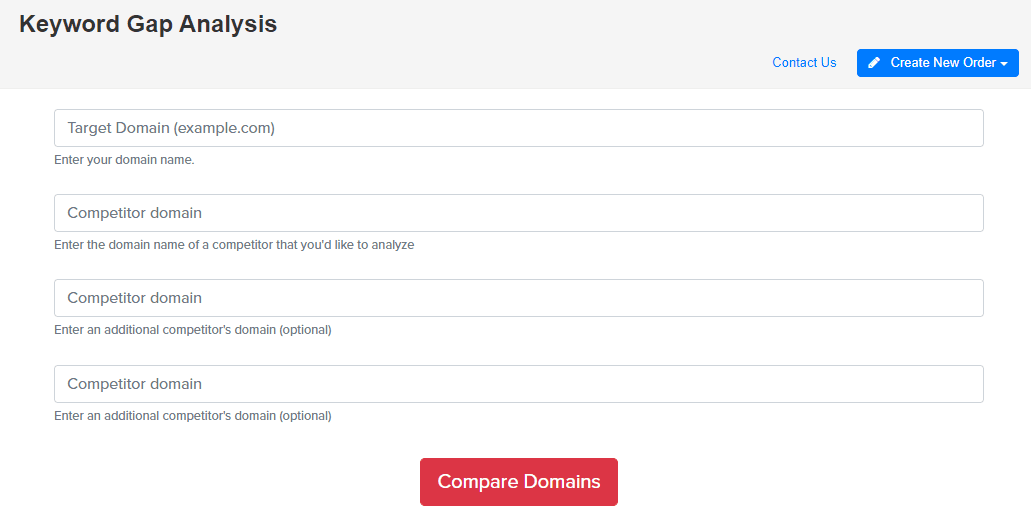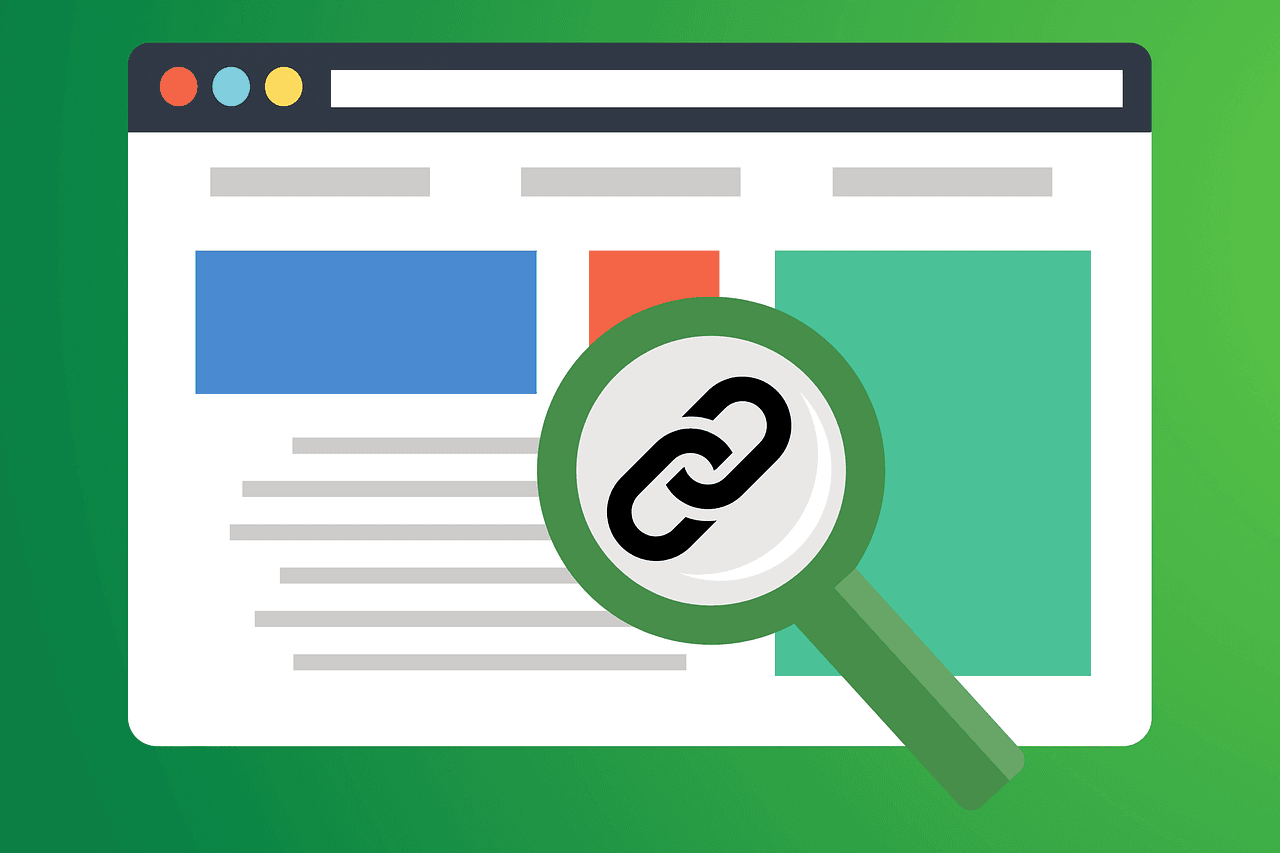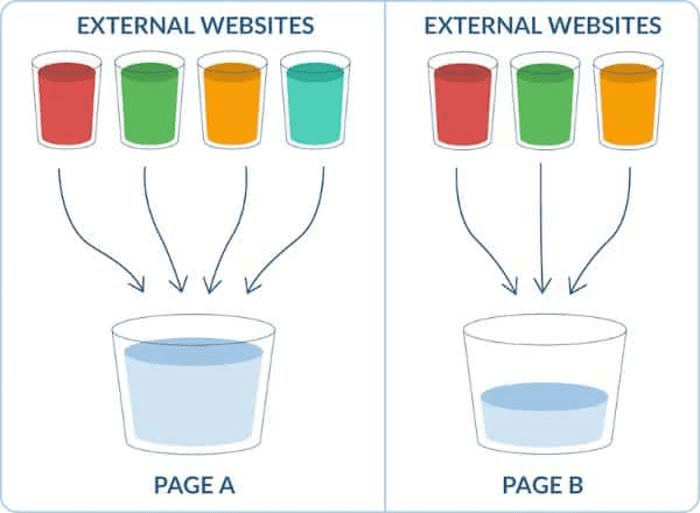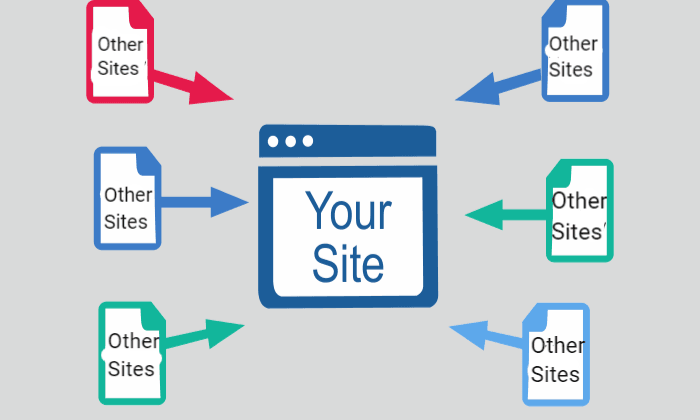Keyword gap analysis is a key SEO strategy that helps you identify keywords your competitors rank for but you don’t. By uncovering these gaps, you can optimize your content, boost rankings, and drive more organic traffic. At Keyword Metrics, we’re here to explore this topic in depth.
What is Keyword Gap Analysis?
Keyword gap analysis is a method in SEO that helps identify keywords your competitors rank for but your website does not. It allows you to discover new opportunities to improve your search engine visibility by targeting untapped keywords.
By analyzing these "gaps," you can build a more competitive content strategy, refine your keyword targeting, and potentially attract more organic traffic.

How Keyword Gap Analysis Works in SEO
Keyword gap analysis involves comparing your website’s keyword rankings to those of your competitors. Here's a step-by-step breakdown:
- Identify Competitors: Start by listing competitors in your industry or those ranking high for the terms you care about. Use SEO tools like Ahrefs, SEMrush, or Google Search Console to identify these competitors.
- Analyze Shared Keywords: Tools can highlight the keywords both you and your competitors rank for, showing overlaps and differences.
- Spot the Gaps: The gaps are the keywords where your competitors rank but you don’t. Focus on keywords with high search volume and manageable competition.
- Evaluate Search Intent: Ensure the keywords align with your audience's needs by examining their search intent (informational, navigational, or transactional).
- Plan Content Around Gaps: Create or optimize content that targets these keywords, ensuring it provides value and matches search intent.
Pro Tip: Use visuals, like bar graphs, to compare keyword opportunities.
Importance of Keyword Gap Analysis in SEO
Keyword gap analysis is crucial for the following reasons:
- Discover New Opportunities: It reveals high-performing keywords you may have overlooked, helping you expand your reach.
- Understand Competitor Strategies: By studying your competitors’ rankings, you can identify what works for them and adapt similar strategies for your content.
- Prioritize Efforts: Focus on "low-hanging fruit" keywords—those with medium difficulty and decent search volume that you’re likely to rank for quickly.
- Boost Content ROI: Focusing on untapped, high-potential keywords can significantly improve your content’s return on investment.
Example: A bakery discovers that competitors rank for “vegan gluten-free desserts” but they don't. By targeting this gap, the bakery can attract a niche audience.
Essential Tools for Keyword Gap Analysis
SEO tools can simplify and enhance keyword gap analysis by automating much of the data collection and comparison process. Some popular options include:
- Ahrefs: Offers a keyword gap tool to compare rankings between competitors and your site.
- SEMrush: Provides a detailed keyword gap analysis report and suggestions for content optimization.
- Google Search Console: Free tool that highlights keywords bringing impressions but not yet driving clicks.
- Keyword Metrics: A powerful platform that scans all your pages, finds target keywords, and provides weekly email reports to identify new growth opportunities.
Pro Tips for Doing and Effective Keyword Gap Analysis
Use the Right Tools
Tools like, SEMrush, or Ahrefs simplify the process by generating keyword gap reports.
Balance Volume and Competition
- High-volume keywords can drive more traffic but may be harder to rank for.
- Low-competition keywords offer quicker wins but may have smaller audiences.
Optimize Existing Content
If you already rank for related terms, adjust existing pages to target gap keywords. Update headings, meta descriptions, and on-page content.
Localize for Regional Search Terms
If your business operates locally, focus on regional variations of gap keywords (e.g., "coffee shops in Chicago" vs. "coffee shops near me").
Monitor Progress
Track the impact of your efforts using Google Analytics or ranking tools. Adjust strategies based on performance.
Related Glossary Terms to Explore
- Search Intent: Learn more about how search intent affects SEO.
- Keyword Research: Understand the basics of finding and selecting keywords.
- SEO Tools: Discover the best tools for effective keyword analysis.
FAQs on Keyword Gap Analysis
Q: How often should I perform a keyword gap analysis?
A: Regularly—at least once every quarter or whenever major industry changes occur.
Q: What types of businesses benefit from keyword gap analysis?
A: Any business looking to improve online visibility, from e-commerce stores to service providers.
Q: Can small websites compete with larger competitors using this strategy?
A: Yes, by targeting long-tail, low-competition keywords.


